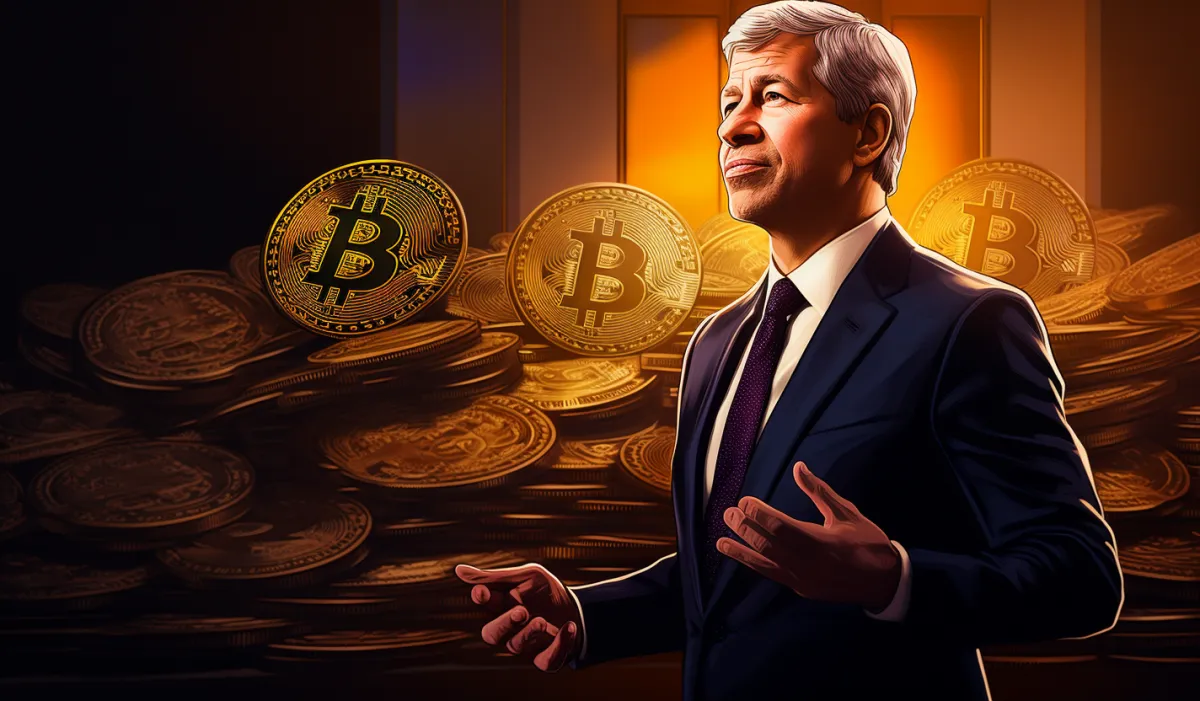JPMorgan CEO Jamie Dimon’s recent comments that Bitcoin is primarily used for criminal activity sparked criticism, with cryptocurrency enthusiasts highlighting the bank’s own history of legal troubles. Dimon told the U.S. Banking Committee that Bitcoin’s “only real use case” is for criminals, highlighting money laundering, drug trafficking and tax evasion. Cryptocurrency advocates have been quick to point out what appears to be hypocrisy, citing JPMorgan’s track record of imposing fines totaling $39.3 billion for 272 violations since 2000. Since taking over as CEO in 2005, Dimon has faced backlash on Twitter, and many have noted the irony: his statement.
JPMorgan’s Troubled Past
Critics have highlighted that JPMorgan, led by Dimon, has paid significant fines, including a $75 million settlement in September related to allegations that it enabled and profited from Jeffrey Epstein’s sex trafficking operation. The $13 billion fine levied by the bank in 2013 was the largest in the company’s history, alleging it misled investors about “toxic” mortgage deals. Additionally, JPMorgan traders were investigated for allegedly manipulating metals futures markets, resulting in nearly $1 billion in settlements in September 2020. The bank also questioned the credibility of Dimon, who has criticized the cryptocurrency sector for its link to the largest cocaine bust in U.S. history in 2019.
Call me a fucking hypocrite! Who is criminal Jamie Dimon? Let me ask you a question. over the past 5 years @jpmorgan Illegal and fraudulent activities have resulted in fines of more than thirty-five billion dollars ($35,000,000,000). Has anyone on your staff used it? #Bitcoin Or… https://t.co/DF2B4SkbwD
— John E Deaton (@JohnEDeaton1) December 6, 2023
JPM Coin Launch and Blockchain Initiative
Despite Dimon’s vocal opposition to digital assets, JPMorgan introduced its own cryptocurrency token, JPM Coin, on a private version of the Ethereum blockchain. The bank also launched its blockchain-based tokenization platform in October, targeting notable clients such as BlackRock. Critics argue that Dimon’s recent comments contradict the bank’s active participation and investments in the blockchain and cryptocurrency space. While suggesting a potential ban on cryptocurrencies, Dimon’s stance appears to distinguish between centralized and decentralized digital assets.
Community reaction and fact checking
Jamie Dimon looks confused…
Only people who use it say that. #Bitcoin They are criminals, traffickers, money launderers…
But he’s actually describing JP Morgan and its clients. pic.twitter.com/KKh9m63nAa
— Walker⚡️(@WalkerAmerica) December 7, 2023
Dimon’s comments prompted a fact-checking response from X, highlighting that less than 1% of cryptocurrency transactions are illegal. The cryptocurrency community widely criticized Dimon’s comments, pointing out Bitcoin’s decentralized nature and the impracticality of a government-imposed ban. The controversy highlights the ongoing debate between traditional financial institutions and the growing influence of decentralized technologies in the financial landscape.

